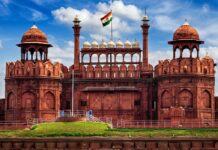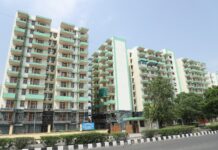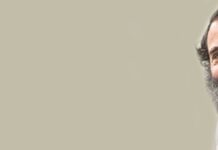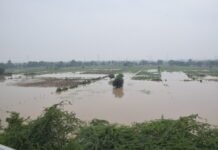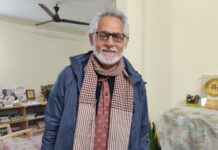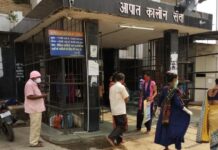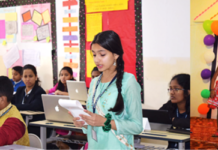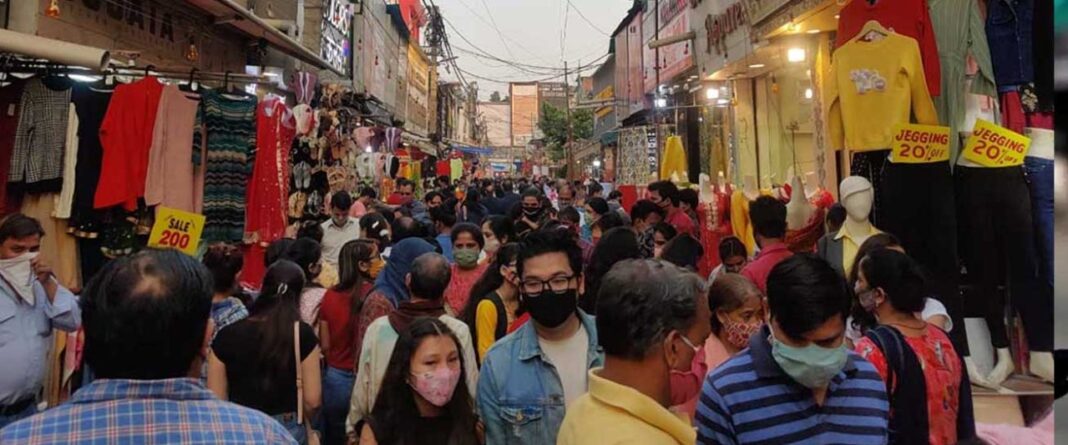Even as India is yet to get over the ravages of the second wave of covid-19, the possibility of a third wave of the deadly disease is looming large over the country. While it’s not yet clear when the third wave will break out and who will be the most vulnerable to it, going by the conviction of many health experts, it is imminent.
We all felt relaxed after the first wave. With corona cases plummeting we lowered our guard. Masks came off, sanitizers vanished from the daily routine and social distancing and other covid protocols were given a go-by. Our prime minister even went on to prematurely declare victory over the pandemic. But the second wave struck and struck with vengeance wreaking havoc all over the country. The epidemic in its new avatar broke all records of natural and man-made disasters in terms of casualties and chaos.
However, we do not seem to have learned any lessons from our collective failure to deal with the surge in corona cases during the second wave. It is now clear that many more valuable lives have been lost due to official negligence than to the virus. If we had prepared ourselves well in advance, the second wave would not have been as devastating.
Now after the exit of the second wave, we are again standing at a crossroads. Nobody knows what is in store for us. With the establishment still complacent the masses seem to have resigned to the fate. No talk of precautionary measures, oxygen, or sanitizers and even no visible effort to contain the black and white fungus that has emerged as a consequence of the covid. Under the circumstances, the question arises if the third wave strikes, will we be able to fight back.
Going by the experts’ views, the third wave is expected to hit India by September-October 2021 when the festive season will be at its peak and people are expected to gather in large numbers to celebrate. Last year during this time, we could not prevent a surge in the covid cases and the consequent deaths for want of inadequate healthcare infrastructure. This was the time when the virus had become all the more lethal. Against this backdrop, we can safely predict the worst-case scenario if the third wave becomes a reality. Three factors can be taken into consideration to determine the predictable scenario.
First is people’s behaviour. Even after the second wave, which saw our healthcare system given in to the sudden spike in corona cases, behaviour of the people remained the same as it was earlier. The non-practicing of covid appropriate behaviour can be seen in markets and public places. It can invite any wave.
Second, detection of a new Delta-plus variant of the virus reported in Maharashtra, Kerala, and Madhya Pradesh. The new mutant is said to be more virulent and could withstand the immunity produced by vaccines. The government has termed it a variant of concern that increases transmissibility. It has stronger binding to receptors of lung cells and has a potential reduction in monoclonal antibody response. So, there is a high possibility we might see a jump in cases suddenly in the coming months.
It may be noted here that we may still have a huge population vulnerable to Covid. If this new Delta-plus variant infects the vaccinated and vulnerable population, it may once again trigger a covid wave wreaking havoc across the country. Healthcare infrastructure will again collapse and we will again crave oxygen, beds, ICU, and ventilators.
Surprisingly, there has been no talk of what the government is doing to revive the urban and rural healthcare to handle the third wave. The government too has maintained studied silence over the issue. There is no update from the government either on what is being done to overhaul the healthcare system in the country leave alone the structural revamp due in the rural areas where the virus in its second wave had caused massive damage and left many children orphaned.
People still do not know how many oxygen plants have been set up and how many ICU beds with oxygen and ventilators have been installed in the healthcare centers.
While the Central government is patting its back for the momentum in the vaccination drive and the media is cheering it, no one seems to be bothered about the aftermath of the second wave and the preparation to handle the third wave if it hits. There is a fear that the third wave could majorly impact children. If that happens, there will be a demand for thousands of pediatric beds in ICUs and ventilators. But these facilities are a luxury available at corporate hospitals in cities like Bengaluru, Chennai, Delhi, and Mumbai which only the rich can afford. But who will care for children of lesser god especially those living in the rural land and suburban areas where child healthcare facilities are negligible.
A Delhi-based pediatrician pointed out that post-covid complications such as Multisystem Inflammatory Syndrome in Children (MIS-C) are being reported almost on a regular basis. This is a life-threatening condition and kills the patient if he is not provided with standardised and timely care that includes ICU and ventilators.
It is understood that children have died of MIS-C in different parts of the country due to delays in treatment. This happened because public health centers (PHCs), community health centers (CHCs), and district hospitals, the primary healthcare facilities in the country, do not have super specialty facilities crucial for the treatment of these post-covid complications.
The pediatrician said that though the syndrome rarely affects children, considering the gap between the huge population of children in India and the healthcare facilities if a third wave strikes, it will be a catastrophe difficult to manage. Therefore, he stressed the need for strengthening the healthcare infrastructure on war footing to meet any such eventuality.
Not only children, post-Covid complications have been reported among elders also. Black, white and yellow funguses have largely impacted people after recovering from covid. In these funguses, there is always a risk of losing eyesight and disability. The treatment also requires standardised care. It is learned that patients find it hard to get injections to treat the funguses. Hence, the question is whether our basic healthcare facilities equipped enough to handle post covid complications.
The first and the second wave saw hoarding and black marketing of Remdesivir and oxygen cylinders on a large scale. Many a life could have been saved the essential supplies could reach the common man at affordable prices. This may happen again during the next wave if the government and its statutory agencies do not come up with deterrent measures. The best way to avoid it is by routing these medical supplies through government hospitals. People should be well informed about the availability of oxygen, ambulance, and medicines.
At the same time treatment of other non-covid diseases like cancer, kidney, heart, and other non-communicable diseases should not be made to suffer on account of any healthcare emergency as we have seen during the second wave of covid. A large number of patients suffering from these diseases have not been getting proper treatment and care due to them ever since Covid hit India. In fact, their treatment came to an abrupt halt during the lockdowns and many patients could have succumbed to the diseases without treatment. The government should also make special arrangements to provide treatment in case of third-wave strikes.
During the recently concluded elections in West Bengal, Kerala, Assam, Tamil Nadu, and Pudducherry and subsequent panchayat polls, norms under covid protocol being flouted with impunity. What was all the more intriguing was that the government went ahead with its decision to hold a mega religious event like Kumbh Mela despite timely warnings against it. Consequently, both the events proved super spreaders for coronavirus. Now that elections are due in Uttar Pradesh, Uttarakhand, Punjab, and Goa precisely at the same time next year, it is the duty of the government to ensure that no such laxity is repeated by its own example.
Disclaimer: We do undertake rigorous checks on content provided by contributors before publishing the same. If you come across some factual errors, kindly bring this into our notice and we shall review your objection and claim as per our policy and display correction credits and corrections on the article itself.
The opinion expressed in the article is of the writer. Writer is a freelance journalist/journalist based in Delhi

